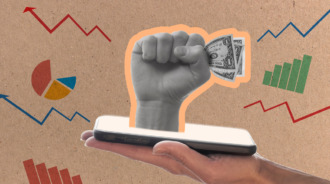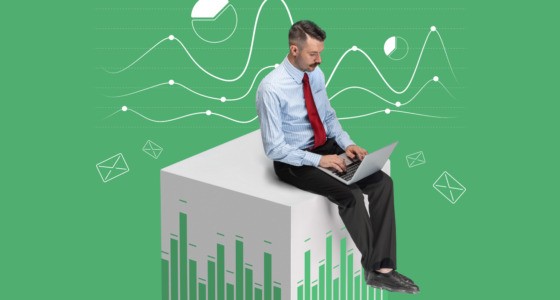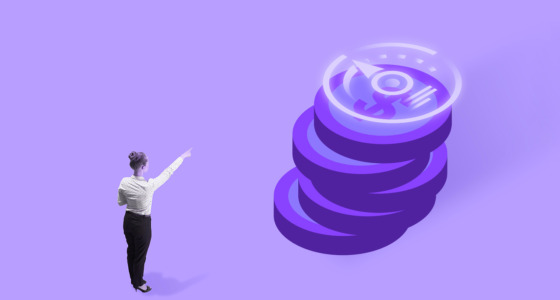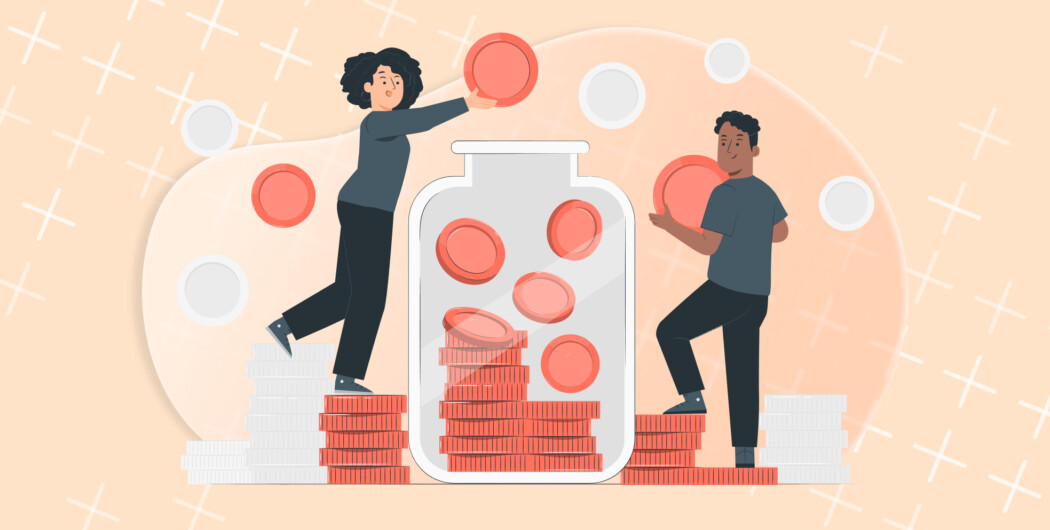

People spend real money on a wide range of fun and sometimes silly things. Virtual pets, custom emojis, star naming, air from different places, and so on. Should any of these be paid for using your emergency fund? Definitely not. But you might be curious about what emergency fund expenses are appropriate.
Which of the following expenses would be a good reason to spend money from an emergency fund? Medical bills, car home repairs, job loss, vacations, debt repayment, unexpected legal fees, routine bills… Some are right, and some are wrong. To find out, keep reading.
Emergency fund definition
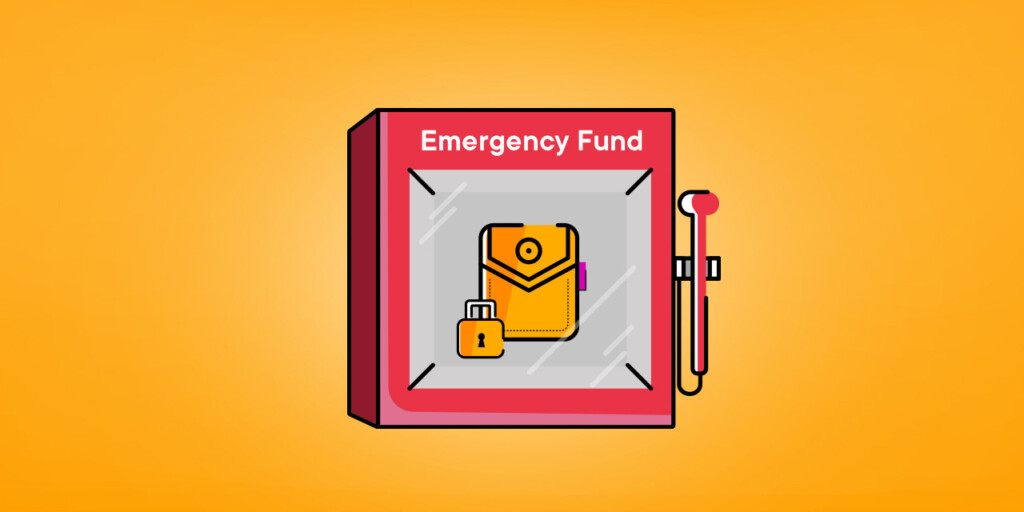
An emergency fund is a pool of money set aside to tackle the curveballs life throws at you. These unexpected events can be both stressful and costly, and having some financial backup can make a world of difference. Having an emergency fund serves several essential purposes. Firstly, it ensures you’re prepared for financial surprises. While budgeting covers expected expenses, your emergency fund handles the unforeseen ones.
Secondly, it’s a money-saver. Using lenders, for example, as your emergency fund will add hefty interest on top of an already costly situation. Cash in your emergency fund means you can cover emergencies in full without accruing debt.
Most importantly, it brings peace of mind. Financial worries can keep you up at night, and studies show that a large portion of people face this daily stress. But with cash set aside, you can rest easier, knowing you’re ready to weather the storm.
Genuine emergencies
Now that you’re up to speed, let’s break down several scenarios where using your emergency savings could be a smart move:
Sudden job loss or income reduction
In such situations, you may need it to pay for critical things like your home and food. Plus, job hunting comes with its own costs, like attending events to meet potential employers or even moving for a new job.
Property and vehicle emergencies
When your car, the key to getting to work, breaks down, or your home appliances like the refrigerator or stove decide to stop working, it’s a real hassle. Emergency savings will be a relief here. You can use these funds to pay for professional repairs or purchase new appliances so that your home and car remain functional.
Legal and tax issues
In cases of emergency legal costs, such as legal defenses for civil suits or criminal accusations, or if you haven’t paid taxes in full, it’s okay to use some emergency funds. That’s because they are separate from routine costs covered by insurance.
Personal matters (medical, family, pets)
With medical bills, even with health insurance, you sometimes have to cover co-pays and reach your deductible. If your regular childcare arrangements fall through unexpectedly, you need to relocate your family, or you need to replace stolen items and secure your home after a break-in — that is all acceptable, too.
As for pets, everyone wishes for them to stay in good health, but you can’t always foresee health problems. If you view your pet as a valued part of your family, do what you need to ensure their well-being.
High-interest debt
Using your emergency fund to pay off high-interest debt can be the right choice in some cases, but it doesn’t apply to all debts. This depends on your unique situation and how much interest you’ll potentially save.

Non-emergency situations
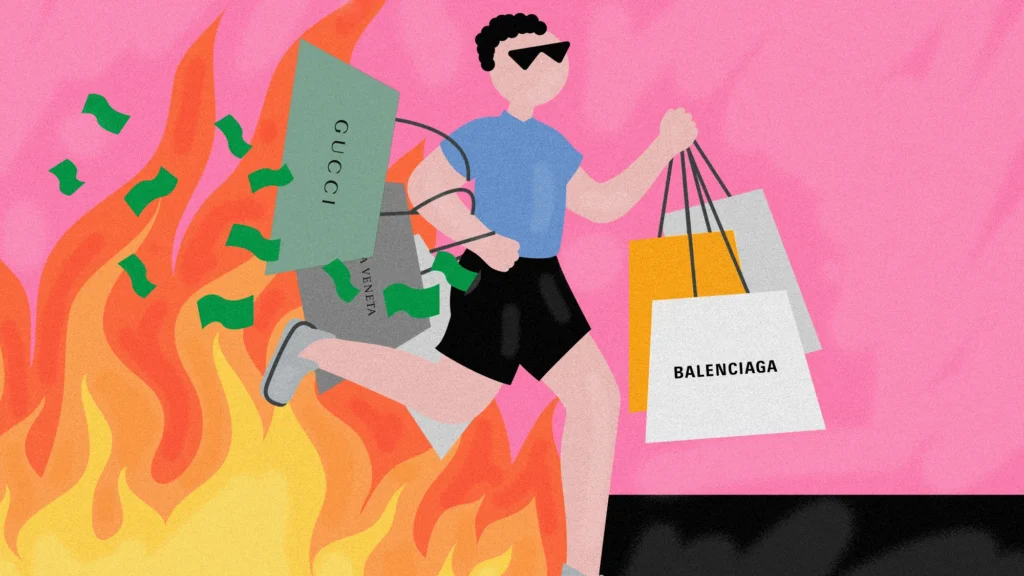
If you’re on the fence and this article hasn’t mentioned a particular expense, ask yourself these four questions before dipping into your emergency fund:
- Is it unexpected? If you knew about the expense in advance, it’s not an emergency.
- Is it urgent? Only use the fund when there’s an immediate need, not for future expenses that can wait.
- Will it cause tremendous inconvenience or loss if left unattended? If it won’t, consider other ways to cover the cost.
- Will you regret not addressing it immediately? If it won’t haunt you later, it might not be an emergency.
Remember, your emergency fund is your safety net, not a piggy bank for non-emergencies. Here are a few examples of what you shouldn’t spend rainy-day funds on:
- Routine maintenance (lawn care, gutter cleaning, changing your car’s oil)
- Upgrading electronics or gadgets
- Cosmetic or non-urgent medical procedures
- Home decor or renovations
- Vehicle upgrades (a newer model or adding fancy accessories)
- Entertainment and leisure activities (concerts, vacations, etc.)
See the difference? If your car breaks and you need a new one for transportation, it’s okay to use your emergency fund for a basic, reliable car you can afford without loans. But don’t use your emergency fund to buy a fancy car with all the extras just because you want it. Save for luxuries like that separately.
Rebuilding the emergency fund
Nobody wants to use up their savings, but things happen. If you’ve had to use up most or all of your emergency savings, you might be feeling financially exposed. But don’t worry, you’ve done it before, and you can do it again! Here are five simple tips to help you rebuild your emergency fund:
- Stick to your savings plan — Keep doing what you’ve been doing if you’ve already been putting extra money into your savings account each month. If you haven’t been doing this, now is a great time to start. Aim to save at least 5% of your monthly income for emergencies.
- Trim your expenses — Look for ways to cut your monthly living costs. Can you downgrade your cable or streaming services? Check with your insurance providers to see if there are cheaper options available.
- Sell unneeded items — Declutter your home and sell items you no longer use, like clothes, books, or furniture.
- Take on a side gig — Consider working a part-time job, seasonal work, or freelance gigs to earn extra money.
- Deposit windfalls — If you’re expecting a bonus or a tax refund, resist the urge to splurge. Instead, deposit that money directly into your emergency savings fund and/or a high-yield savings account.
Last thing to mention: for activities like investing or trading on Binomo, you should never tap into your emergency fund. Instead, funds should come from sources other than your savings, such as your regular income or earnings from prior trading endeavors.
Sources:
When should you spend your emergency fund? Bankrate
How much to save for an emergency, MoneyHelper

